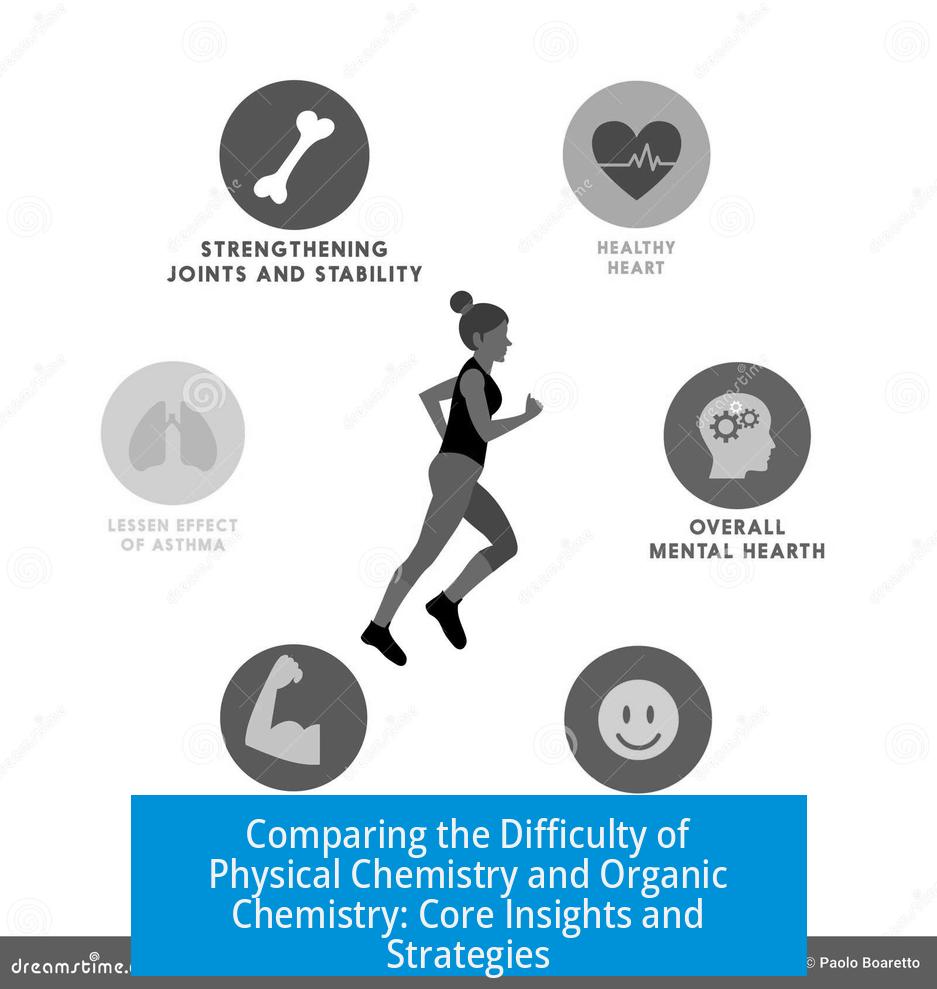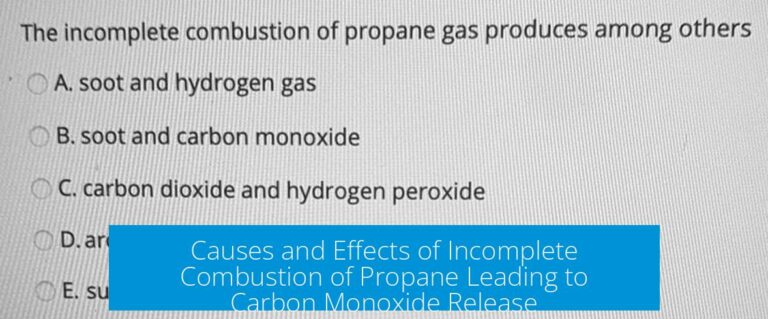How Hard Is Physical Chemistry Compared to Organic Chemistry?
Physical chemistry and organic chemistry present distinct challenges, making a direct comparison difficult. Physical chemistry demands strong math skills and conceptual understanding, focusing on thermodynamics, quantum mechanics, and data analysis. Organic chemistry requires memorization of numerous reaction mechanisms and reagents, emphasizing understanding patterns in chemical behavior. The difficulty one experiences depends heavily on their personal aptitude, learning style, and interest area.
Understanding the Core Differences
Focus and Approach
Physical chemistry (P Chem) deals primarily with the principles underlying chemical systems, such as energy changes and molecular structure. It involves detailed application of mathematics—calculus, algebra, and statistics—to interpret chemical phenomena. P Chem topics include thermodynamics, quantum mechanics, kinetics, and statistical mechanics.
Organic chemistry (O Chem) emphasizes the structure, properties, and reactivity of carbon-containing compounds. It demands grasping numerous reaction pathways and mechanisms governing organic transformations. Students memorize functional groups, reagents, and stepwise changes throughout chemical reactions.
Conceptual Versus Memorization Load
- Physical Chemistry: Prioritizes conceptual mastery over rote memorization. Students learn to apply mathematical models to predict and explain chemical behavior.
- Organic Chemistry: Requires memorizing many individual reactions and mechanisms. Success often depends on mastering numerous specific details, such as reagents and bond transformations.
While P Chem challenges the student’s analytical skills, O Chem tests memory and pattern recognition. However, true mastery in organic chemistry also requires deep comprehension of underlying principles and reaction logic.
Mathematics in Physical Chemistry
Mathematical competence is crucial in physical chemistry. Unlike organic chemistry, where formulas describe mechanisms, P Chem demands deriving and applying equations accurately. Concepts like the ideal gas law, Gibbs free energy, and Schrödinger’s equation require understanding calculus and algebra in an applied context.
Examples of math used include:
- Multivariable calculus applied in thermodynamic calculations.
- Quantum mechanics equations predicting molecular orbitals.
- Statistical calculations in kinetic theory.
- Data analysis and error propagation during lab experiments.
The ability to translate mathematical equations into meaningful chemical interpretations separates students who excel in physical chemistry from those who struggle.
Memorization Demands in Organic Chemistry
Organic chemistry involves memorizing an extensive set of reaction mechanisms, functional groups, and reagent types. For instance, a single final exam might encompass over 150 organic reaction mechanisms. Students must grasp how and why reactions proceed, predicting outcomes rather than merely recall facts.
Memorization alone proves insufficient. Understanding mechanistic pathways and electron flow deepens the learner’s ability to apply knowledge to novel problems.
Typical Organic Chemistry Challenges
- Learning to draw and interpret electron-pushing arrows.
- Remembering the conditions for various substitution and elimination reactions.
- Distinguishing between similar reagents and their effects.
- Predicting stereochemical outcomes.
These demands make organic chemistry daunting especially for students uncomfortable with heavy memorization.
How Personal Aptitude Influences Difficulty
Difficulty in either subject varies widely among individuals. Math-oriented students tend to find physical chemistry more approachable due to its quantitative nature. Conversely, students with strong visual and memory skills often perform better in organic chemistry.
Interest significantly affects perceived difficulty. Students enjoying logical rigor and derivations thrive in P Chem. Those drawn to reaction mechanisms and molecular diversity find O Chem more engaging.
Professor teaching style and course design also impact difficulty perception. Some instructors emphasize concept mastery, while others may lean on extensive memorization or challenging problem sets.
Laboratory Challenges
Physical Chemistry Lab
Physical chemistry labs often require intense data analysis, error calculation, and interpretation complex datasets. Examples include:
- Measuring reaction kinetics and calculating rate constants.
- Studying absorption spectra and interpreting quantum effects.
- Analyzing thermodynamic parameters through calorimetry.
The volume of calculations and interpretation tasks can overwhelm students unprepared for the math involved.
Organic Chemistry Lab
Organic labs focus on synthesis and purification of compounds, often complicated by:
- Variable reaction yields due to impurities or reaction conditions.
- Handling hazardous reagents.
- Complex purification techniques such as chromatography.
- Time-sensitive reaction monitoring and multiple-step syntheses.
Students may find organic labs physically demanding and procedurally complex compared to P Chem labs.
Strategies for Success in Both Disciplines
Physical Chemistry Tips
- Build a solid foundation in calculus and algebra.
- Practice deriving formulas rather than memorizing them.
- Visualize physical meaning behind mathematical expressions.
- Work through problems applying concepts to real systems.
- Engage deeply with lab data analysis techniques.
Organic Chemistry Tips
- Focus on understanding mechanisms instead of brute memorization.
- Master electron-pushing notation and concepts of reactivity.
- Create reaction maps and summary tables categorized by mechanism types.
- Use flashcards to reinforce reagent uses and product outcomes.
- Practice retrosynthesis to connect products to starting materials logically.
Summary of Comparison
| Aspect | Physical Chemistry | Organic Chemistry |
|---|---|---|
| Primary Focus | Mathematical description of chemical systems | Reaction mechanisms of carbon-based molecules |
| Skill Emphasis | Conceptual understanding and quantitative analysis | Memorization and pattern recognition |
| Mathematics | High; calculus and algebra essential | Low to moderate; basic algebra |
| Memorization | Minimal; focus on principles | Extensive; many mechanisms and reagents |
| Lab Work | Data-heavy, analytical | Practical synthesis, purification |
| Difficulty Perception | Challenging for those weak in math | Challenging for those weak in memorization |
Key Takeaways
- Physical chemistry requires strong math and conceptual skills, focusing on theory and data interpretation.
- Organic chemistry demands memorization of many detailed reaction mechanisms and reagent uses.
- Students’ natural strengths and interests largely determine which course they find harder.
- Lab experiences differ: physical chemistry labs emphasize calculations, organic labs emphasize practical synthesis.
- Success depends on understanding core principles rather than memorization or rote calculation alone.
Q1: Is physical chemistry harder than organic chemistry because of the math involved?
Physical chemistry has more math, focusing on deriving equations and data analysis. If you like math and understanding concepts, you might find it manageable. Organic chemistry relies less on math and more on memorizing mechanisms.
Q2: Does organic chemistry require more memorization compared to physical chemistry?
Yes, organic chemistry demands memorizing many reaction mechanisms and reagents. Physical chemistry needs conceptual understanding more than recalling countless facts or reactions.
Q3: Can personal preference affect how hard these subjects feel?
Definitely. Some students find organic chemistry easier if they enjoy reactions and mechanisms. Others prefer physical chemistry for its math and concepts. Interest plays a big role in perceived difficulty.
Q4: How do the lab experiences differ between physical and organic chemistry?
Physical chemistry labs involve intensive data analysis and calculations. Organic chemistry labs often deal with practical issues, like reaction setups and yields, making them tough in different ways.
Q5: Can understanding the ‘why’ behind organic chemistry reduce the difficulty?
Yes, focusing on why reactions happen rather than memorizing improves learning and reduces difficulty. Understanding mechanisms helps you predict outcomes instead of just recalling facts.





Leave a Comment